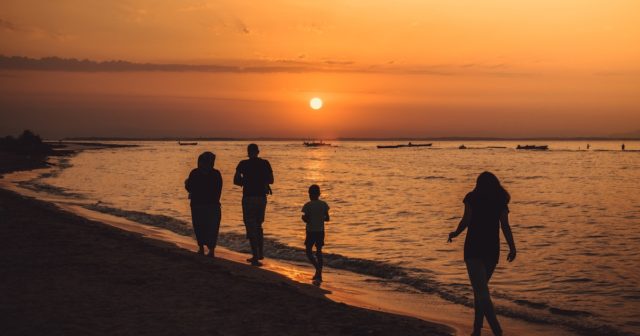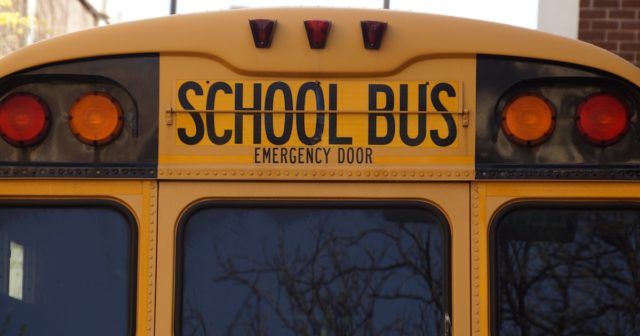We’ve said it before, and we’ll say it again. Anywhere it can rain, it can flood. But not every area floods at the same rate and in the same way. That’s why flood zones are created — to help homeowners, communities, and insurers understand the potential risk of flooding based on where your property is located.
Here’s what you need to know about flood zones and why it matters.
Flood Zones by Risk
Flood zones are categorized into three levels of risk: low, medium, and high. Living in a low risk flood zone doesn’t mean your property can’t flood. Living in a high risk zone doesn’t mean you’ll always flood.
Moderate to Low Risk Flood Zones
Flood zones have been defined by FEMA.
- B Zones are also used to designate base floodplains of lesser hazards, such as areas protected by levees from 100-year floods, or shallow flooding areas with average depths of less than one foot or drainage areas less than 1 square mile.
- Zone C may have ponding and local drainage problems that don’t warrant a detailed study or designation as base floodplain.
- Zone X is the area determined to be outside the 500-year flood and protected by levees from 100-year flood.
High Risk Flood Zones
- Zone A includes areas with a 1% annual chance of flooding and a 26% chance of flooding over the life of a 30-year mortgage.
- Zone AH include areas with a 1% annual chance of shallow flooding, usually in the form of a pond, with an average depth ranging from 1 to 3 feet. These areas have a 26% chance of flooding over the life of a 30-year mortgage.
- Zone AO include river or stream flood hazard areas, and areas with a 1% or greater chance of shallow flooding each year, usually in the form of sheet flow, with an average depth ranging from 1 to 3 feet. These areas have a 26% chance of flooding over the life of a 30-year mortgage.
- Zone AR include Areas with a temporarily increased flood risk due to the building or restoration of a flood control system (such as a levee or a dam). Mandatory flood insurance purchase requirements will apply, but rates will not exceed the rates for unnumbered A zones if the structure is built or restored in compliance with Zone AR floodplain management regulations.
- Zone V is for coastal areas with a 1% or greater chance of flooding and an additional hazard associated with storm waves. These areas have a 26% chance of flooding over the life of a 30-year mortgage.
Why the Flood Zones Matter
Not only does knowing your flood zone help you recognize your potential risk of facing a flood, it also determines your flood insurance requirements and premiums. Homes located in certain flood zones may be required to purchase flood insurance if you finance the purchase of your home. Homes in low risk flood zones won’t have this same requirement, but flood insurance is always a good idea.
If your home is located in a low risk flood zone, your flood insurance premiums will be much lower than homes located in a high risk zone. Because it can flood anywhere, regardless of potential risk, it’s a wise financial decision to pay for insurance coverage when premiums are low. FEMA doesn’t provide enough assistance to fully rebuild a home, and it’s not what you want to rely on in a natural disaster.
We’ve all seen the devastation a flood can bring to areas with a relatively low risk of flooding. Don’t take a chance like that with your own home. Contact Charlotte Insurance today for a free quote for a flood insurance policy.









